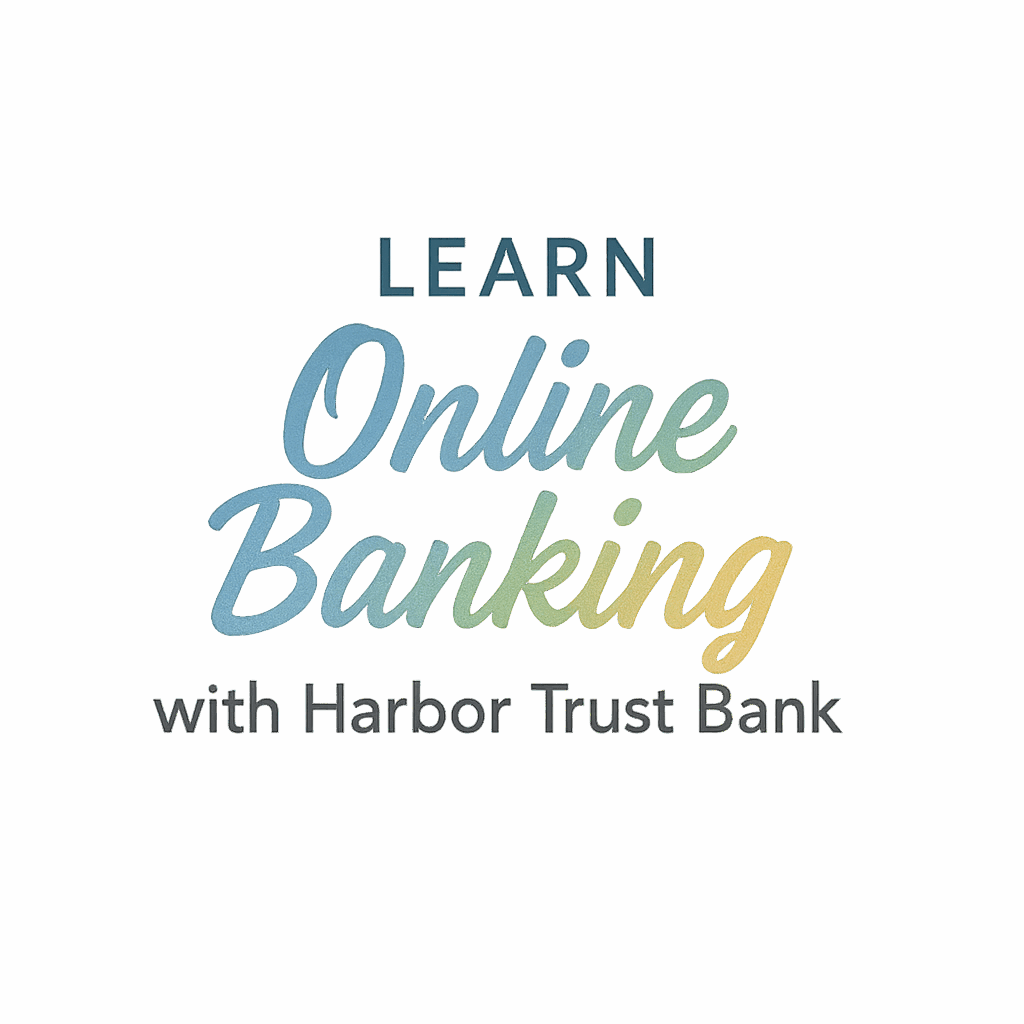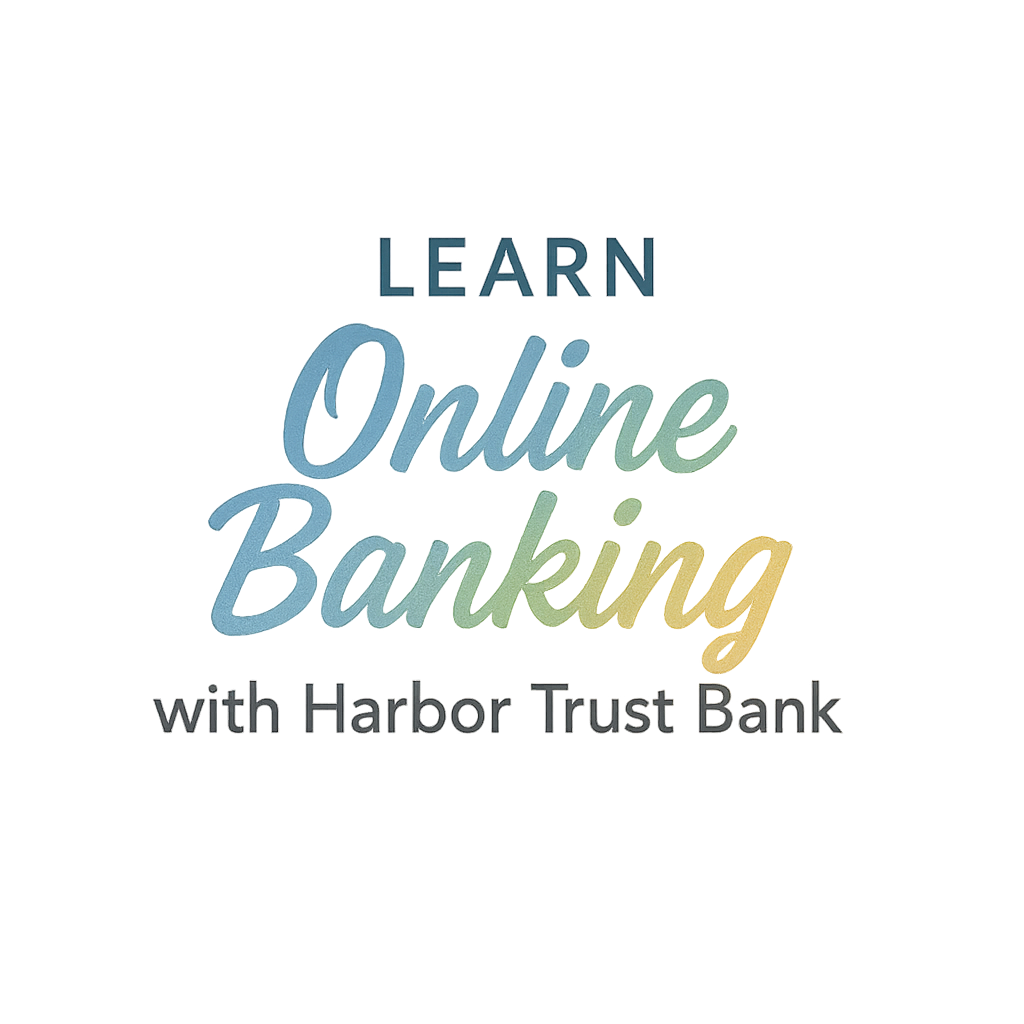Introduction
Let’s face it—online banking makes life so much easier. A few taps and you’re transferring money, checking balances, or paying bills from your phone. But here’s the thing: convenience attracts criminals. And the rise of online banking scams is proof.
You don’t have to be a tech genius to stay protected—you just need to know what to watch for. This guide walks you through the 7 most common online banking scams you absolutely need to know about.
So, grab your coffee and settle in. It’s time to secure your digital wallet.
Want to launch a digital-first business like a pro? Check out 4amrecordingstudio.com/recording-studio-business-planning for strategic guidance.
1. Phishing Emails
What Is Phishing?
Phishing is like fishing—but instead of catching bass, scammers hope to catch your bank credentials. These emails often look like they come from your bank and usually have a sense of urgency, like:
- “Your account has been suspended!”
- “Unusual activity detected. Verify now!”
How to Spot a Phishing Email
Phishing emails usually:
- Come from sketchy email addresses (like [email protected])
- Include bad grammar or spelling mistakes
- Ask you to click suspicious links
How to Protect Yourself
- Never click links in unexpected emails
- Go directly to your bank’s website instead
- Use email filters and antivirus software
And yes, if you’re setting up a digital business like a recording studio, these tactics apply too. Stay secure at all times—4amrecordingstudio.com/recording-studio-setup-basics has tips that double as cyber hygiene for your operations.
2. Fake Banking Apps
The Rise of Counterfeit Apps
Think the Google Play or Apple App Store is 100% safe? Think again. Fraudsters create fake apps that look like your bank’s, but they’re designed to steal your login info.
Warning Signs of a Fake App
- Low download counts
- No legitimate reviews
- Strange permissions (Why does a banking app need access to your photos?)
Staying Safe While Using Mobile Banking
- Download apps only from official links on your bank’s site
- Enable biometrics or two-factor authentication
- Avoid public Wi-Fi when logging in
3. Smishing Scams (SMS Phishing)
What Is Smishing?
Smishing is like phishing but sent by text message. These messages typically include links to “fix” an account issue or claim a prize.
Red Flags in Text Messages
- Shortened URLs (like bit.ly or goo.gl)
- Messages claiming urgency or rewards
- Poor grammar and sketchy formatting
How to Respond to Smishing Attempts
- Don’t click anything
- Report the number to your carrier
- Block and delete the message
If you’re running a business, like a studio with mobile-based payments, you’re even more vulnerable. Learn to protect both personal and business devices by checking out 4amrecordingstudio.com/recording-studio-equipment-tools.

4. Account Takeover Fraud
How Hackers Gain Access
Cybercriminals steal your login through data breaches, phishing, or spyware. Once they’re in, they may change your password, drain your funds, or open credit lines in your name.
Signs Your Account’s Been Hacked
- Can’t log in
- You see transactions you didn’t make
- You receive alerts for unfamiliar devices
Steps to Recover and Prevent Future Attacks
- Contact your bank immediately
- Change all passwords (not just banking)
- Use password managers
- Set up two-factor authentication
5. Fake Customer Support Calls
The Classic Impersonation Trick
You get a call from someone claiming to be with your bank’s fraud department. They seem legit, even knowing parts of your info. But they ask for sensitive data: PINs, passwords, verification codes.
🚩 Big red flag.
Questions Real Bank Reps Will Never Ask
- “What’s your online banking password?”
- “Can you verify this code I just sent you?”
- “What’s your full Social Security number?”
How to Handle Suspicious Calls
- Hang up and call the official bank number yourself
- Never give sensitive info over the phone
- Add caller ID filtering apps to your device
6. Malware and Spyware
The Hidden Danger of Keyloggers and Trojans
You might unknowingly install malicious software that logs your keystrokes, takes screenshots, or redirects your browser. This often happens through shady websites, downloads, or even email attachments.
Devices Most at Risk
- Windows PCs
- Outdated Android devices
- Jailbroken or rooted phones
How to Defend Your Digital Wallet
- Keep your OS and antivirus up-to-date
- Avoid sketchy downloads
- Use trusted browsers with banking mode (like Avast Secure Browser)
Pro tip for studio owners: Keep your business systems safe, too. Visit 4amrecordingstudio.com/recording-studio-management-growth for growth tips that include smart, secure practices.
7. Lottery or Inheritance Scams
Too Good to Be True? It Probably Is
These scams promise a surprise inheritance or lottery win—but you have to “pay taxes or fees” to unlock your prize.
How the Scam Unfolds
- You receive an email or call with good news
- You’re asked for a small “processing fee”
- Once you pay, the scammer disappears
Ways to Stay Clear
- Never pay to receive money
- Do a reverse search on contact info
- Trust your gut—if it feels off, it probably is
The Role of Online Banking Security Tools
Two-Factor Authentication
This is your best friend. Even if someone knows your password, they won’t get far without that second verification step.
Using Secure Connections Only
Avoid public Wi-Fi. Use a VPN if you must access banking on the go. Always look for “https://” in URLs.
Keeping Your Devices Updated
Old software is full of holes. Stay updated, and you’ll close many of those gaps scammers love to exploit.
And if you’re organizing your workflow as a creative entrepreneur, 4amrecordingstudio.com/tag/organize offers great insights.
Conclusion
Scammers are evolving fast—but you’re smarter. By understanding the common tricks they use, you can protect yourself, your family, and even your business from online banking scams.
Stay sharp, stay secure, and always trust your instincts. And if you’re juggling multiple accounts—whether personal, business, or creative ventures like a recording studio—make cybersecurity part of your daily routine.
To learn more about combining security with entrepreneurial growth, visit 4amrecordingstudio.com.
FAQs
1. What should I do if I fall for a phishing scam?
Contact your bank immediately, change your passwords, and enable two-factor authentication on all accounts.
2. Can banks reimburse stolen funds from online scams?
Some banks do, especially if you report the fraud quickly. Each bank has its own fraud policy—check with yours.
3. How do I verify if a banking app is real?
Always download from your bank’s official website or from verified app stores. Check reviews, permissions, and publisher info.
4. Are online banking scams common among small business owners?
Absolutely. Small businesses are targeted more often due to weaker security measures. Check 4amrecordingstudio.com/tag/business for resources.
5. Is using a password manager safe?
Yes! Password managers encrypt and store your credentials, making your accounts far more secure.
6. How can I report an online scam?
You can report to your bank, the FTC, or local cybercrime authorities. Also flag suspicious messages to your phone or email provider.
7. What are signs my banking info was stolen?
Unexpected charges, unfamiliar logins, or locked accounts are clear red flags. Always act fast if you notice any of these.


